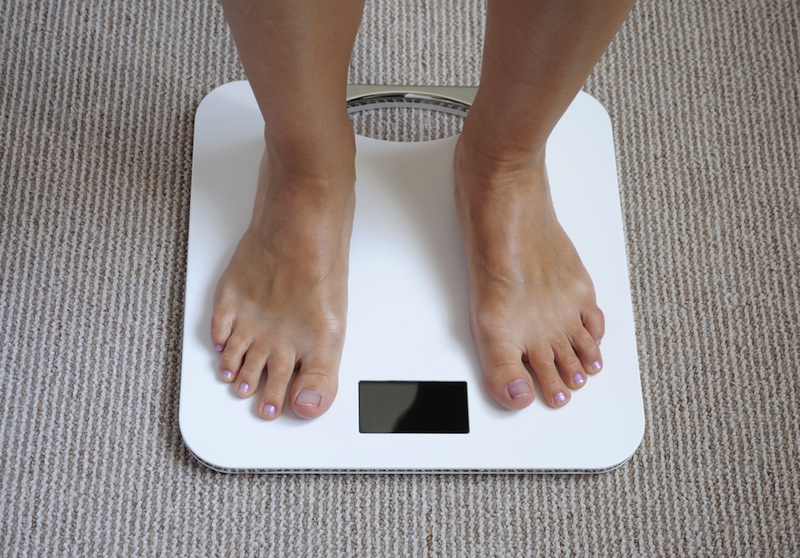Study: Most People Lie on Weight Surveys

When confronted with surveys asking for height and weight information, most people lie, a new study finds. These mistruths likely aren't large enough to skew data on national obesity levels, but they could make it harder to compare obesity rates among different ethnic groups.
White respondents are more likely to underestimate their body mass index (BMI), a measure of height and weight that approximates body fatness, than black or Hispanic people, according to the new study. However, under-reporting weight and over-reporting height are common in all ethnic groups. (Overestimating height and underestimating weight would lead to a lower BMI.)
That's important because many body-weight surveys rely on participants to report their height and weight themselves, as weighing and measuring them would cost time and money.
Nonetheless, the reporting errors are small — within the 1 BMI-unit range — and are thus unlikely to affect the overall picture of obesity in America, said study researcher Ming Wen, a sociologist at the University of Utah. According to the Gallup polling agency, 36.6 percent of Americans are "normal weight," while 35.8 percent are overweight and 25.8 percent obese. (For adults, typically a BMI of 18.5 – 24.9 is considered normal weight, 25 – 29.9 overweight and 30 or greater obese.)
"In terms of studies examining risk factors of obesity, I don't think the under-reporting is a huge problem," Wen said in a statement.
Using date from the 2007-2008 National Health and Nutrition Examination Survey (NHANES), the researchers examined height and weight reports along with actual measurements from 2,672 men and 2,671 women.
Men tend to overestimate their height by an average of about a half-inch (1.41 centimeters), and women by 0.33 inches (0.84 cm), the study found. Black men slightly overestimate their weight, but all other groups underestimate, by as little as 0.09 pounds (0.04 kilograms) among white men to 3.8 pounds (1.74 kg) among black women.
Sign up for the Live Science daily newsletter now
Get the world’s most fascinating discoveries delivered straight to your inbox.
Taking both weight and height misrepresentations into account, women underestimate BMI more than men do, and white women underestimate BMI more than women of other ethnicities. This may be because a fixation on thinness is more common in whites, the authors wrote in the winter 2012 issue of the journal Ethnicity and Disease.
Overweight people, those over age 60 and people with a college education were also more likely to underestimate their BMI.
The results show that researchers need to be careful when comparing obesity rates across demographics, Wen said, because the groups may not be under- and overestimating their BMIs at the same rate.
You can follow LiveScience senior writer Stephanie Pappas on Twitter @sipappas. Follow LiveScience for the latest in science news and discoveries on Twitter @livescience and on Facebook.

Stephanie Pappas is a contributing writer for Live Science, covering topics ranging from geoscience to archaeology to the human brain and behavior. She was previously a senior writer for Live Science but is now a freelancer based in Denver, Colorado, and regularly contributes to Scientific American and The Monitor, the monthly magazine of the American Psychological Association. Stephanie received a bachelor's degree in psychology from the University of South Carolina and a graduate certificate in science communication from the University of California, Santa Cruz.









